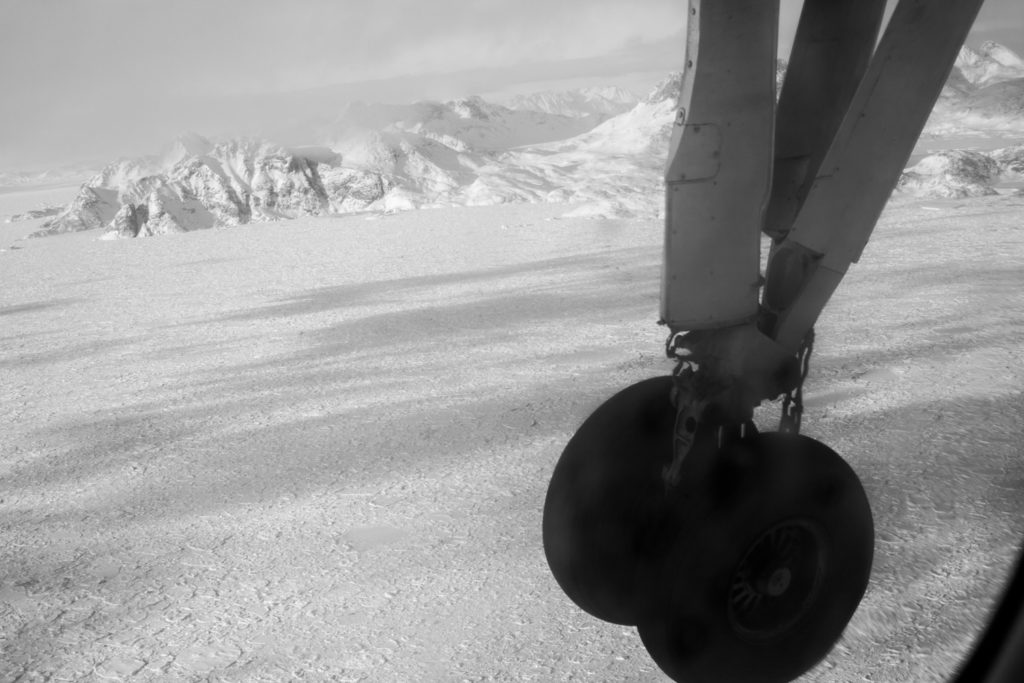This post is also available in: Italian
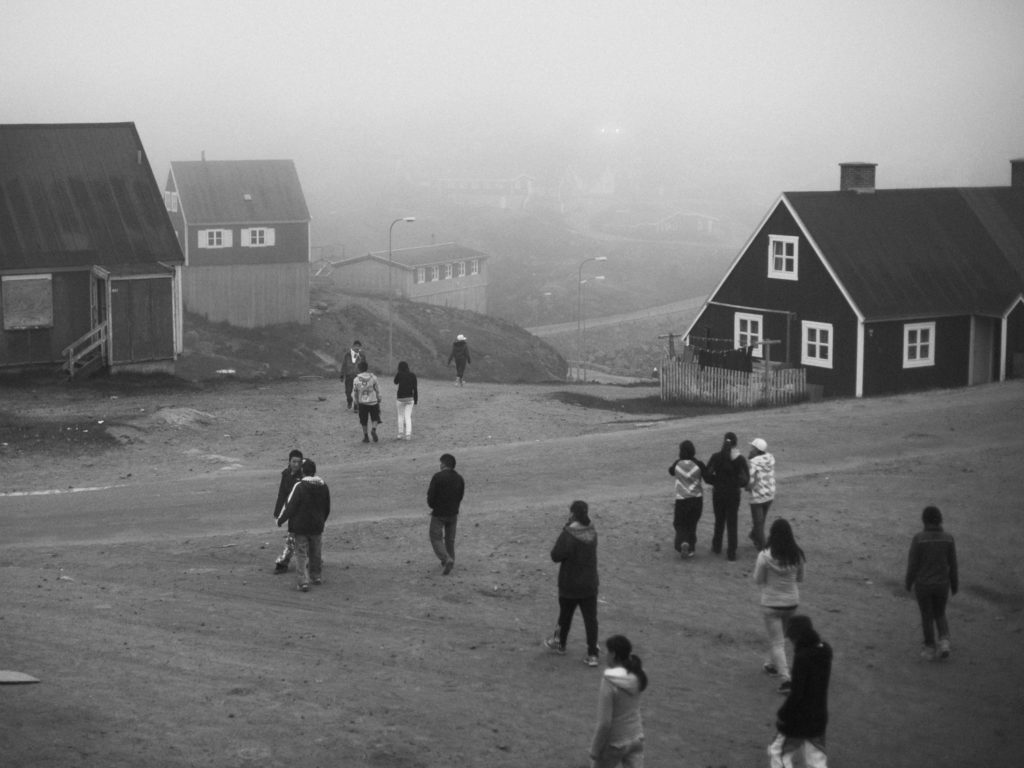
Kulusuk, July 22nd 2016
The profanation of innocence. Dressed alike human beings walk down the boarding ladder, dazed, protected by digital glasses. The TV, the gate in which reality resides and lives, the house screen materialized here, moved through tablet screens or digital cameras.
Anything, as long as you don’t use your eyes.
The screen that reassures and protects from the unknown and the wild, the passepartout to an alibi for an invasion (without any fault), to a world made of different human beings.
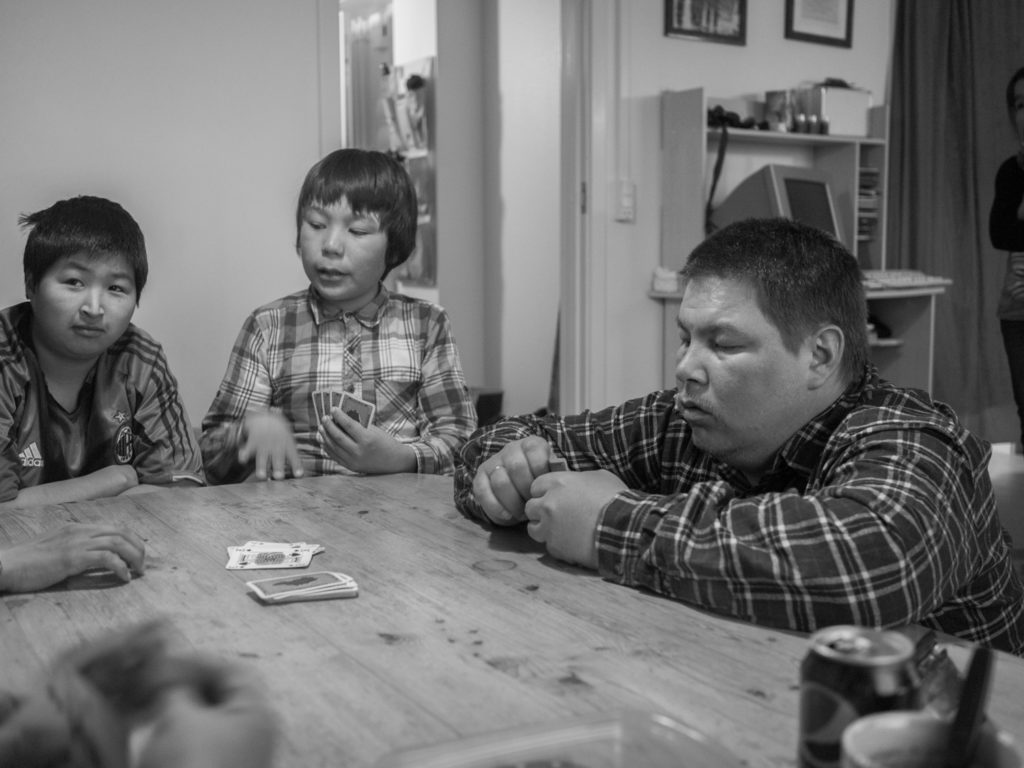
The certainty (at least two years on-site) that the far earth will always be impressed through layers of silicon that manifest themselves as small spots, or rather through tiny, digital squares that create reality; they don’t replace it: on the contrary, they become IT.
Mind, brain, human tools: they’re not useful anymore. Now you don’t have to face anything without the help of protection and emotional filters anymore.
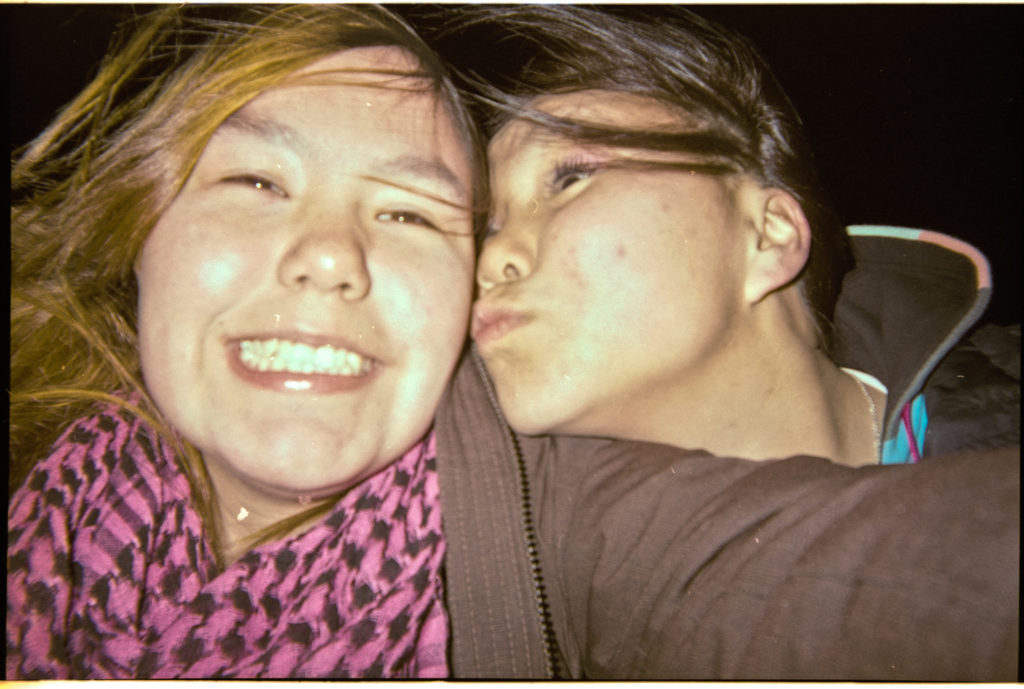
You have to take note, NOT live the moment; you have to leave a trace, have to have been here or there — this is essential. A supermarket of prêt-à-porter, disposable adventures that rise and fall like fashion seasons: evanescent and dangerously temporary.
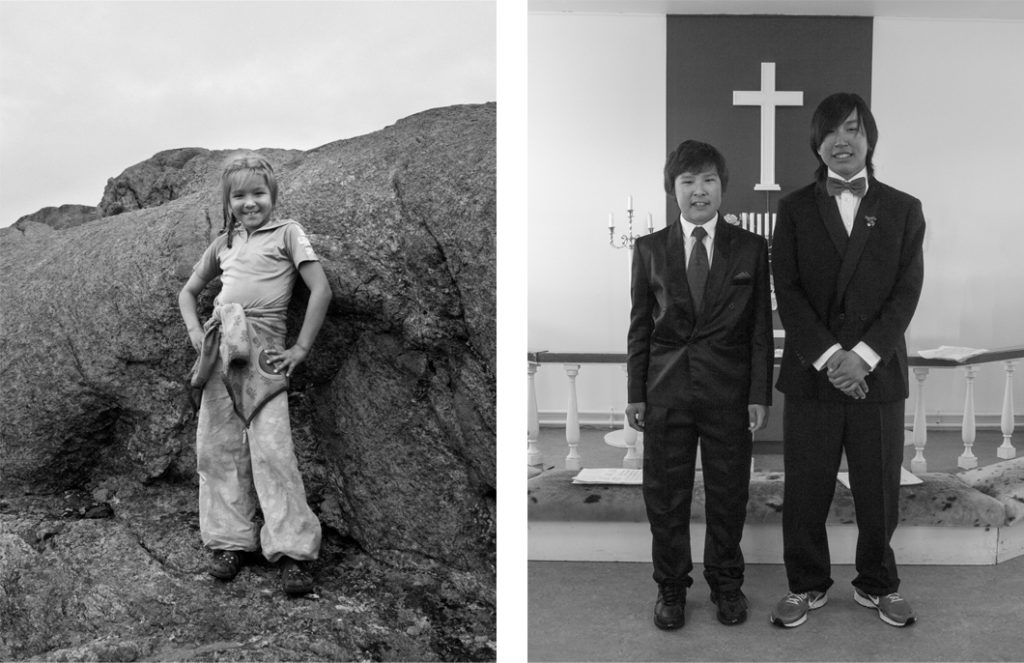
All of this, these thoughts and maybe something else, all of this came to my mind in a split second. Everything that I’ve seen scares me. And maybe, even more so the future developments that are inevitable, by now. Human pollution, the clear perception of indifference through which these bodies get airborne (often without their critical, sensorial knowledge) and face these ‘holy’, pure, innocent, solitary, placid lands. Lands that demand silence, patience, whispers, and not shouts. Thoughts, rather than words.
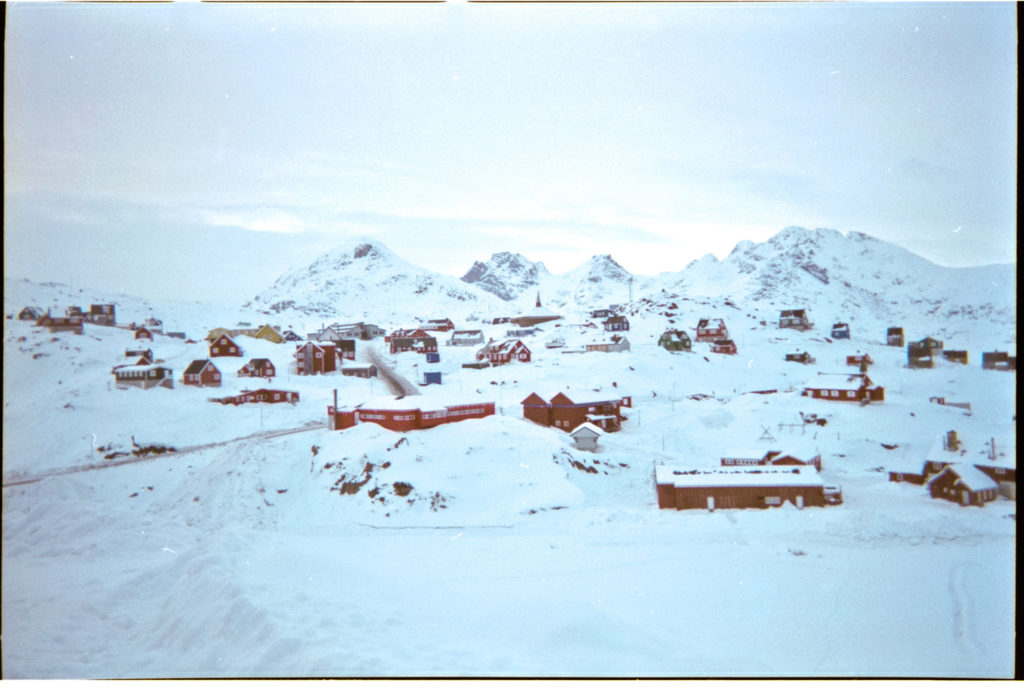
It’s inevitable, and the last chapter of Aldous Huxley’s Brave New World appears before my eyes with the striking force of a thunderbolt. The concept of helicopters packed with curious ALPHA citizens, conformed to preordained life and thoughts, citizens who want to see John “the Savage”, who’s been taken away from the Indian reservation as an experiment of “civilization”; John, who only claimed the right to poetry, kindness, sin, true danger… the right to “be unhappy”, according to Controller Mustapha.
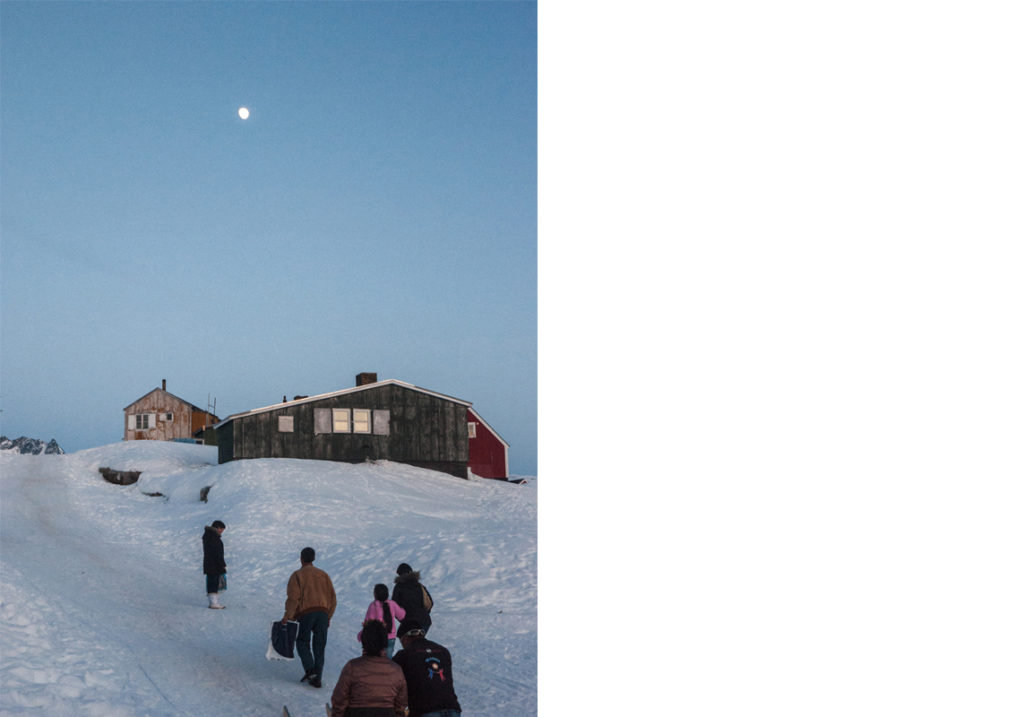
“I hate civilization,” he said before taking shelter in a lighthouse “… it poisoned me.”
I wonder what took — and keeps taking — here, to the end of the world, in Eastern Greenland, shapeless, mononucleical groups of Chinese people, if not an awkward attempt of westernization (a self/new cultural revolution). Something that doesn’t belong to them, but that they do because they saw western people do it, hence they repeat it (aseptically, uncritically).
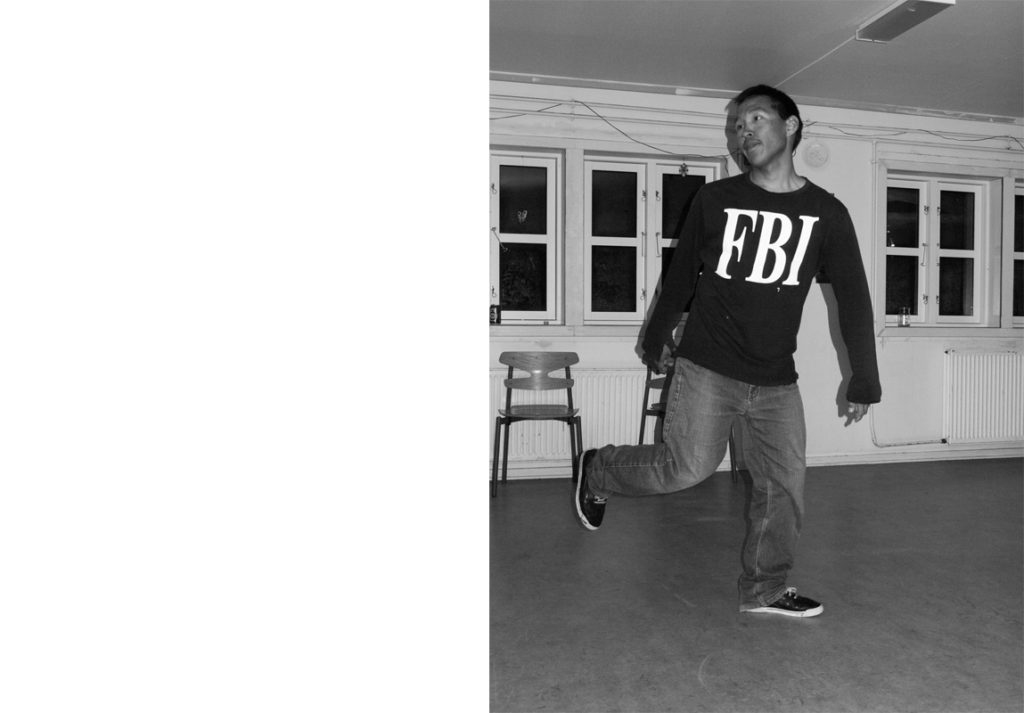
A new souvenir, an X on the world map — digital —, the strength of a post, a selfie on Facebook. Everything lasts a moment, those few, necessary seconds you need to look at a picture, a like, and then the oblivion or vague remembrances of something that were maybe a pleasant memory.

Or, perhaps, the revenge of the subconscious toward the other half of humanity (“for the cultural revolution wasn’t that bad! It made us free and threw us into the world”), a sense of inferiority on a unconscious level (“See, this revolution didn’t destroy us”) that must be proved wrong.
Women, in their little walking hats that seem to have come out of some mall and are coordinated with hi-tech clothes normally proposed by shop assistants for 8000–meter heights (but here, in summer, you usually walk around wearing light pile, jeans and shoes (I agree only if they’re trekking shoes), they become animated and hysterical all of a sudden, after finding out about the most important proof of belonging. They stand in line in order to get the Greenland stamp on their passport: mass neuronal hysteria while they board, for that stamp will cause so much envy once back home, during their suppers accompanied by projections on wide plasma screens — it would be even better if they were curved.
I must confess: for one moment, I’ve wanted that stamp on my passport as well, maybe because I was drawn to that magnetizing mass energy, like a magnetic force that takes you to comradeship and conformation. I’ve thought about it, I’ve craved it for some seconds; then I’ve recovered and quickly left the gate in order to stop my regrets. If you want something to exist, you have to prove it. It mustn’t exist for you, but for the others.
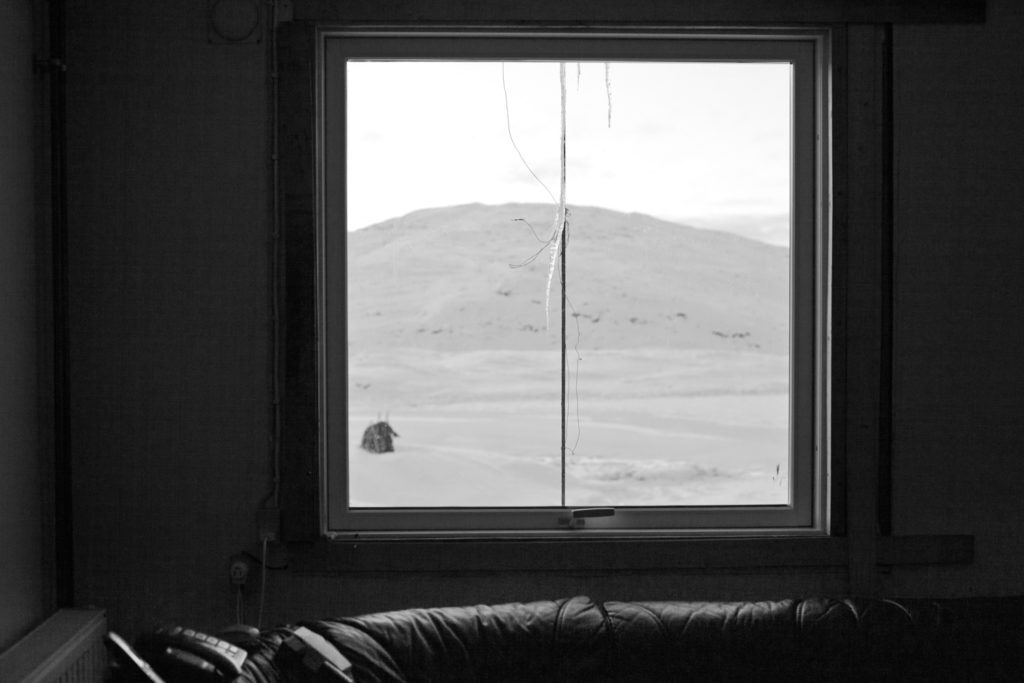
Icebergs, like migrants, like ships, like satellites nobody can guide to the unknown, deep space anymore; they venture into the open sea, into the black, dangerous waters, alone; they slowly melt, without screaming, resigned, with a whisper, without bothering, even before catching sight of the Icelandic shoreline.
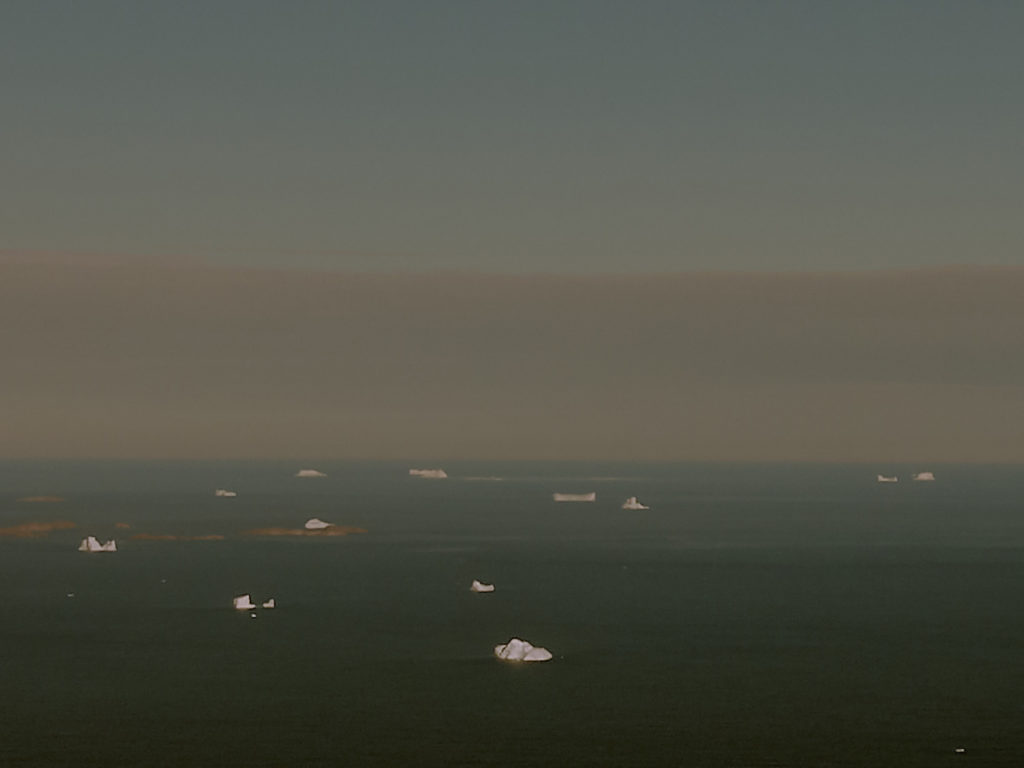
Surrounded by indifference, toward an eternal oblivion.
Earth to earth, water to water.
Aakkunnaarpoq – (v) not to melt anymore, not to bleed anymore.
